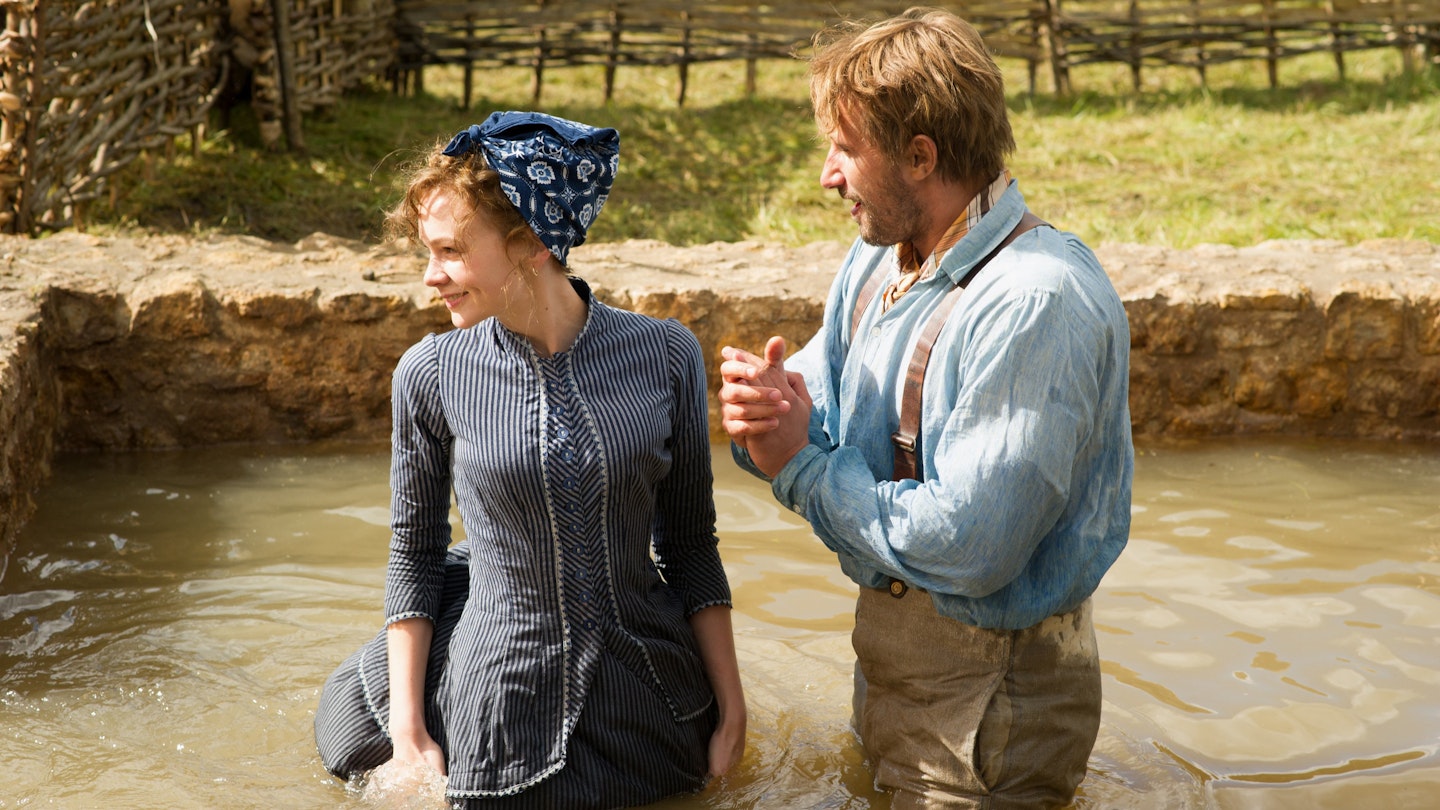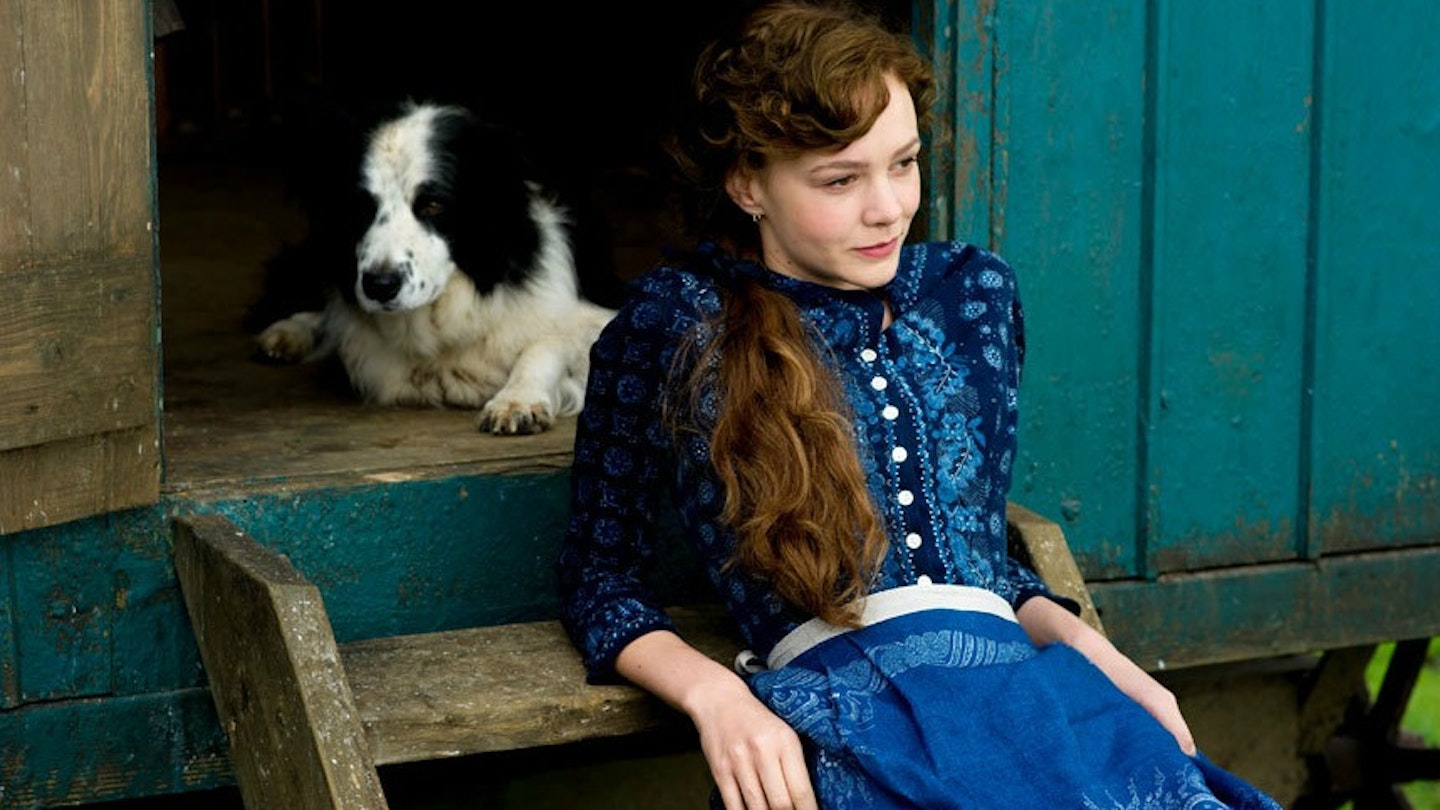The bleak social tragedy of Thomas Hardy’s fiction as transformed by the perfect cheekbones and icy chic of sixties Brit cinema — a “madding crowd” if ever there was — here was an ironic beast. In taking possibly Hardy’s most famous novel, the tale of outcast Bathsheba whose determination to better herself puts her at odds with the confined society of her rural neighbours, but draws to her three different men, to reap inevitable scandal, John Schlesinger stripped the book of its morose gloom for the inevitable glamour of having Julie Christie and Terence Stamp as the romantic leads. The film is dashing, gorgeous, and romantic, but shorn of the desperate isolation of Hardy’s Bathsheba that fuels her cruel ambition.
Hence, the film is smooth where it should be spiky and satirical. That said, it is still not hard to watch such period travails when you have Christie, at her most nakedly vulnerable, Stamp bearing his cold beauty like a sword edge, and Peter Finch strong and stolid as Boldwood, the older man fixated on this girl. Only Alan Bates, ironing out his louche, urban persona doesn’t fully fit the shepherd Gabriel, the loyal, seemingly ideal final corner of this love-square. The Dorset hillsides are vividly shot by Nicholas Roeg (who would later direct Christie in Don’t Look Now) with a precious, National Trust-promoting grandeur, adding to the rather idealised vision Schlesinger has created for his adaptation. Although, the stampede of sheep over the cliff edge, the mark of Gabriel’s ruin, is mounted with stunning clarity. You just hope they were using stunt sheep.
The film has opted to be a moody romance, billowing with yearning and sexual desire. In the book it is her spirit and her restrictive circumstances, and the fire they fuel inside Bathsheba, that draws these men toward her. Here you rather get the sense, as fully understandable as it is, that it is the fact she’s Julie Christie that has sparked such interest. It’s surprising half the county haven’t chanced their arm.

